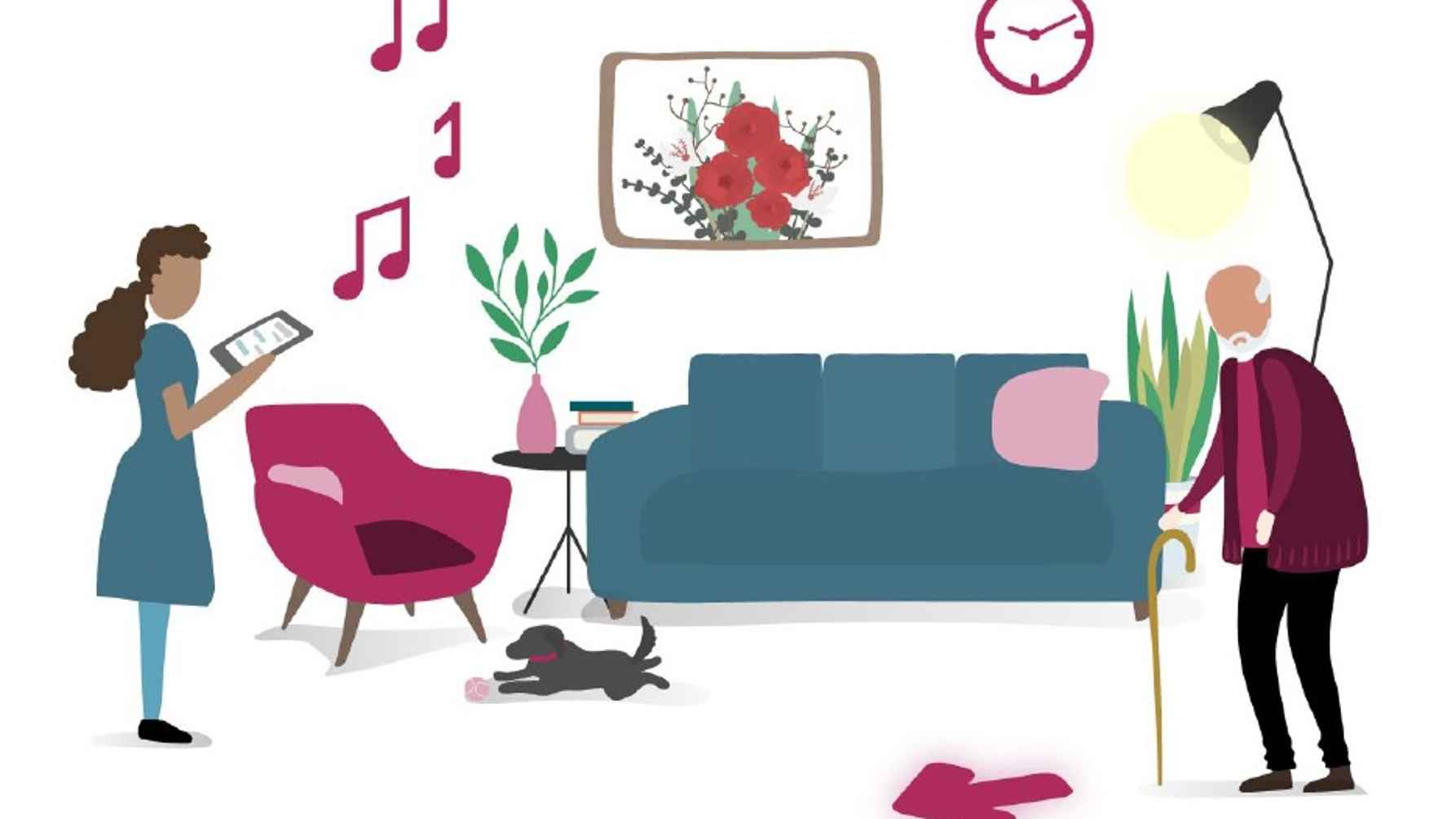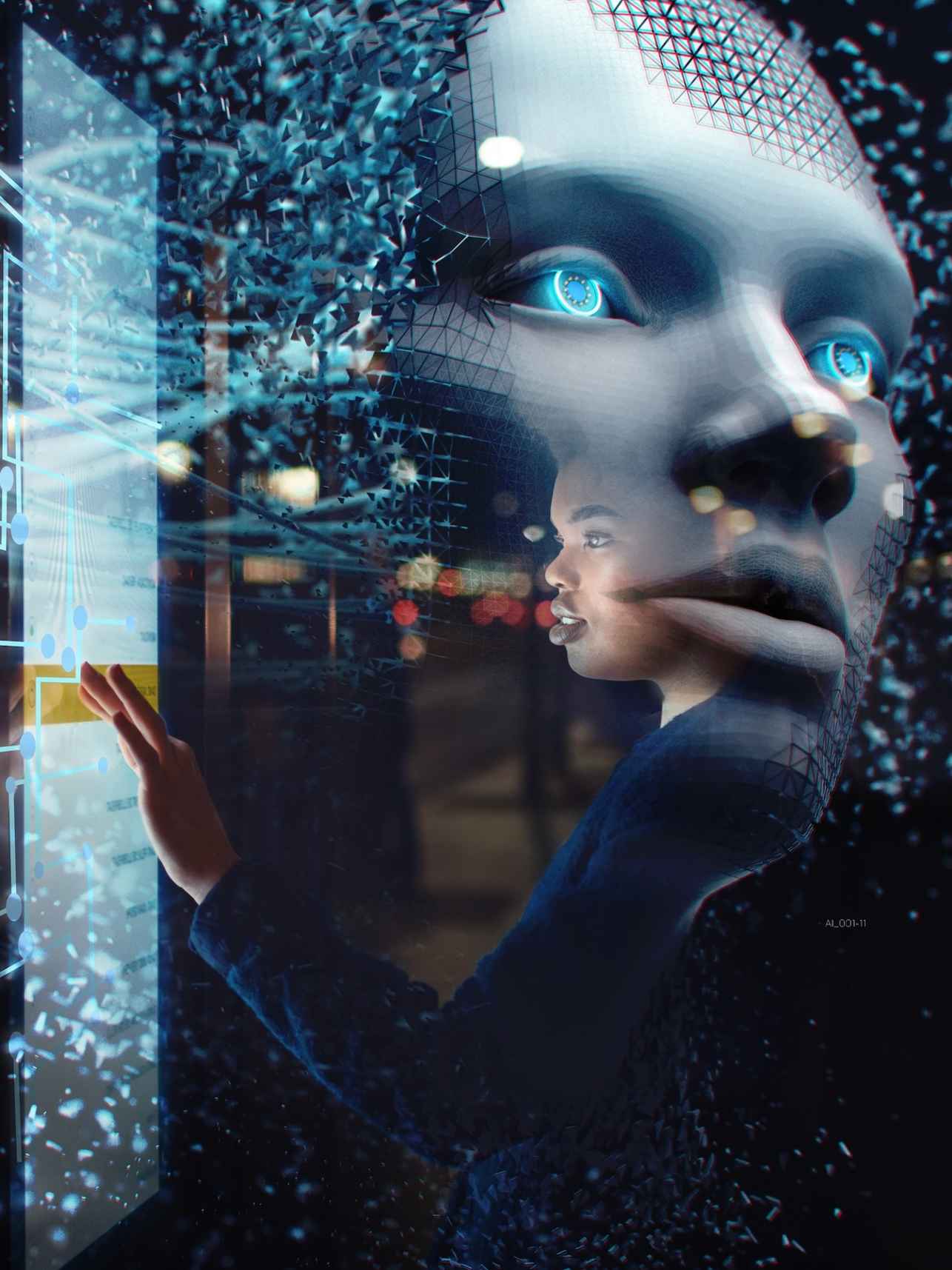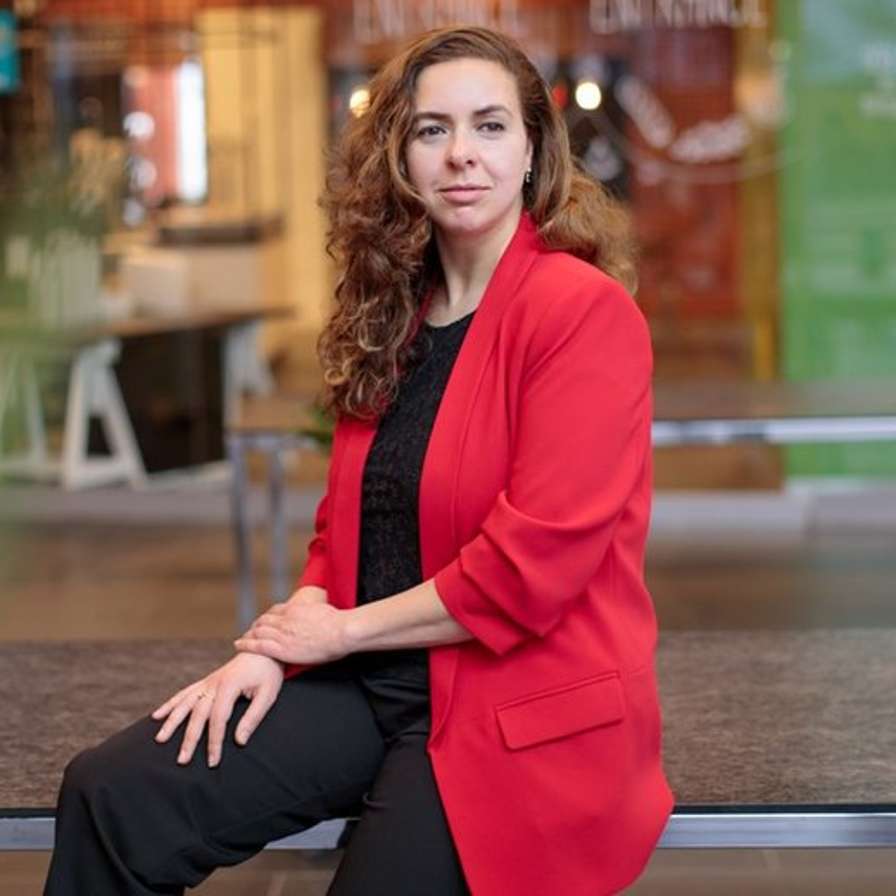Reducing Workload in Dementia Care with AI

The Wie Zorgt project focuses on reducing the workload in dementia care by developing an Intelligent Care Environment, using sensors and AI for personalized care.
We develop innovative technologies that focus on digital solutions for the health and well-being of citizens. Our research explores new technologies in sensors and digital information for health, well-being, and participation, always keeping people at the center.


The Wie Zorgt project focuses on reducing the workload in dementia care by developing an Intelligent Care Environment, using sensors and AI for personalized care.

The digital transformation has profoundly changed our society, but traditional design practices have struggled to keep up with these rapid developments. The DCODE project aims to bridge this gap by developing new knowledge, skills, and roles necessary to integrate autonomous technology design with human values, fostering a sustainable and human-centered digital future.

The Sorocova project develops social robots to assist teachers and students in grades 4, 5, and 6 in overcoming math learning gaps caused by COVID-19.
The experts of Digital Life.
Dr. Somaya Ben Allouch has been Professor of Digital Life at the Amsterdam University of Applied Sciences (HvA) since October 2018. The research group focuses on human-centered research into the design, use, and implementation of digital technologies in health and wellbeing. She is also involved in the SIA-SPRONG project Mensen in Beweging (“People in Motion”), which focuses on healthy lifestyles and sustainable behavior change through creative technology. Since January 2021, Somaya has held the position of Special Professor of Human-System Interaction for Health and Wellbeing at the University of Amsterdam (UvA), a chair established by the Beta Plus Foundation. Her expertise lies in human-centered interaction, acceptance, and evaluation of technologies such as social robotics and wearables. She previously earned her PhD at the University of Twente and worked as a visiting researcher at Stanford University. In addition, Somaya is active in international research projects and serves on the editorial boards of scientific journals.

Simone de Droog is an experienced quantitative researcher, writer, speaker, and advisor with a specialization in young target groups. With an academic background in Communication Science (University of Amsterdam and Radboud University Nijmegen) and extensive experience as a senior researcher and consultant, she focuses on the well-being of children, particularly in areas such as health and education. Over the past seven years, she has specialized in child-technology interactions, including games, VR, and social robots. She served as the lead researcher in the SOROCOVA robotics project and secured funding for innovative robotics research, such as the Dream Robot for children in hospitals. Simone combines scientific expertise with practical insights to develop technologies that help children become healthier, smarter, and happier.

Bin is a design researcher specializing in Human-Computer Interaction (HCI) and health technology. With a multidisciplinary background in biomedical engineering, industrial design, and HCI, he brings a unique perspective to his work. After earning his PhD in 2018 from Eindhoven University of Technology, where he studied biofeedback technologies for stress management, he worked at Philips Design on interactive data visualizations and AI collaborations in healthcare. Since 2022, Bin has been an assistant professor and researcher within the Digital Life research group, focusing on human-centered AI and HCI design for data-driven systems in the medical field. His research explores technologies that promote well-being and AI solutions that enhance clinical workflows, aiming to optimize both health outcomes and collaboration between AI and clinicians.
